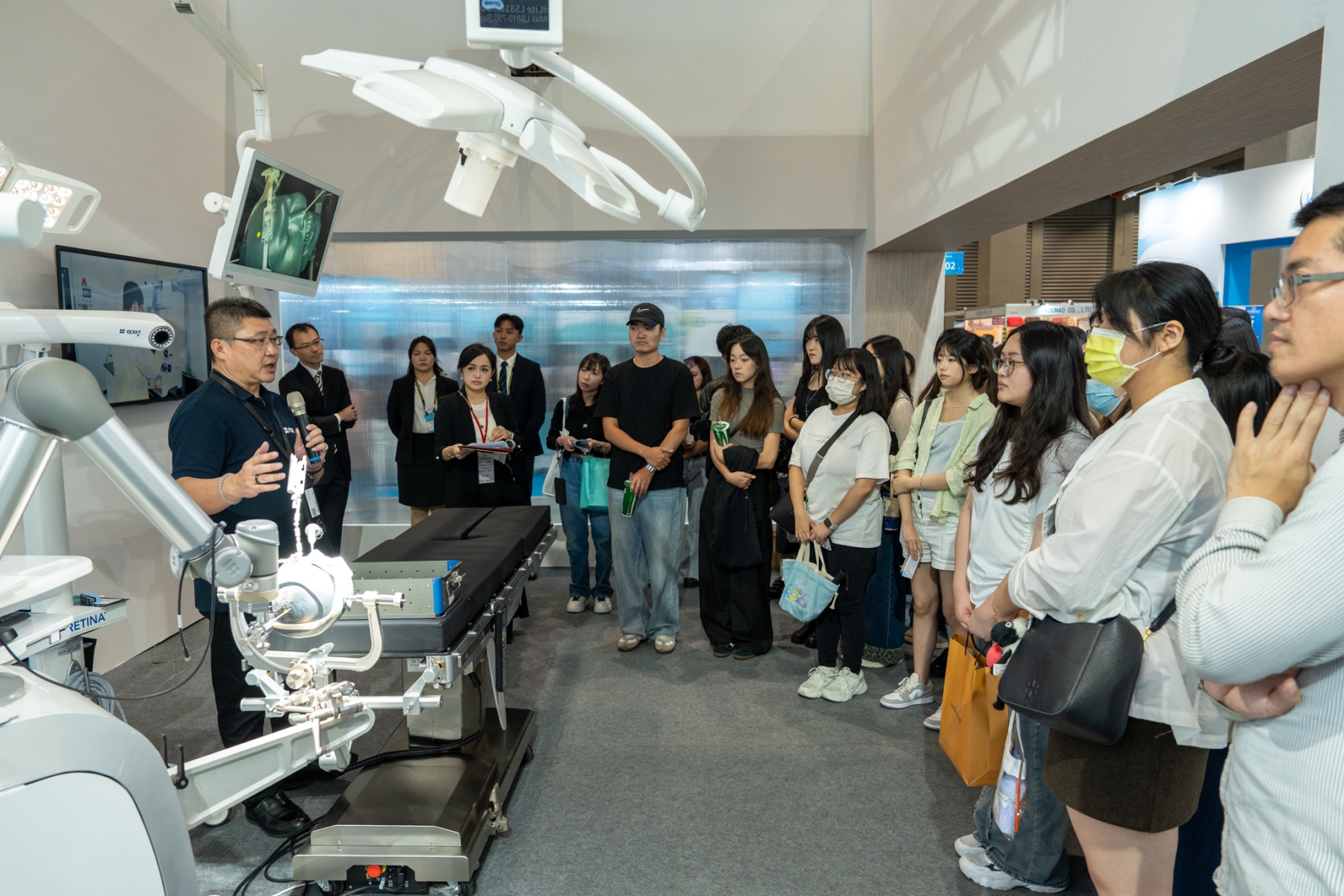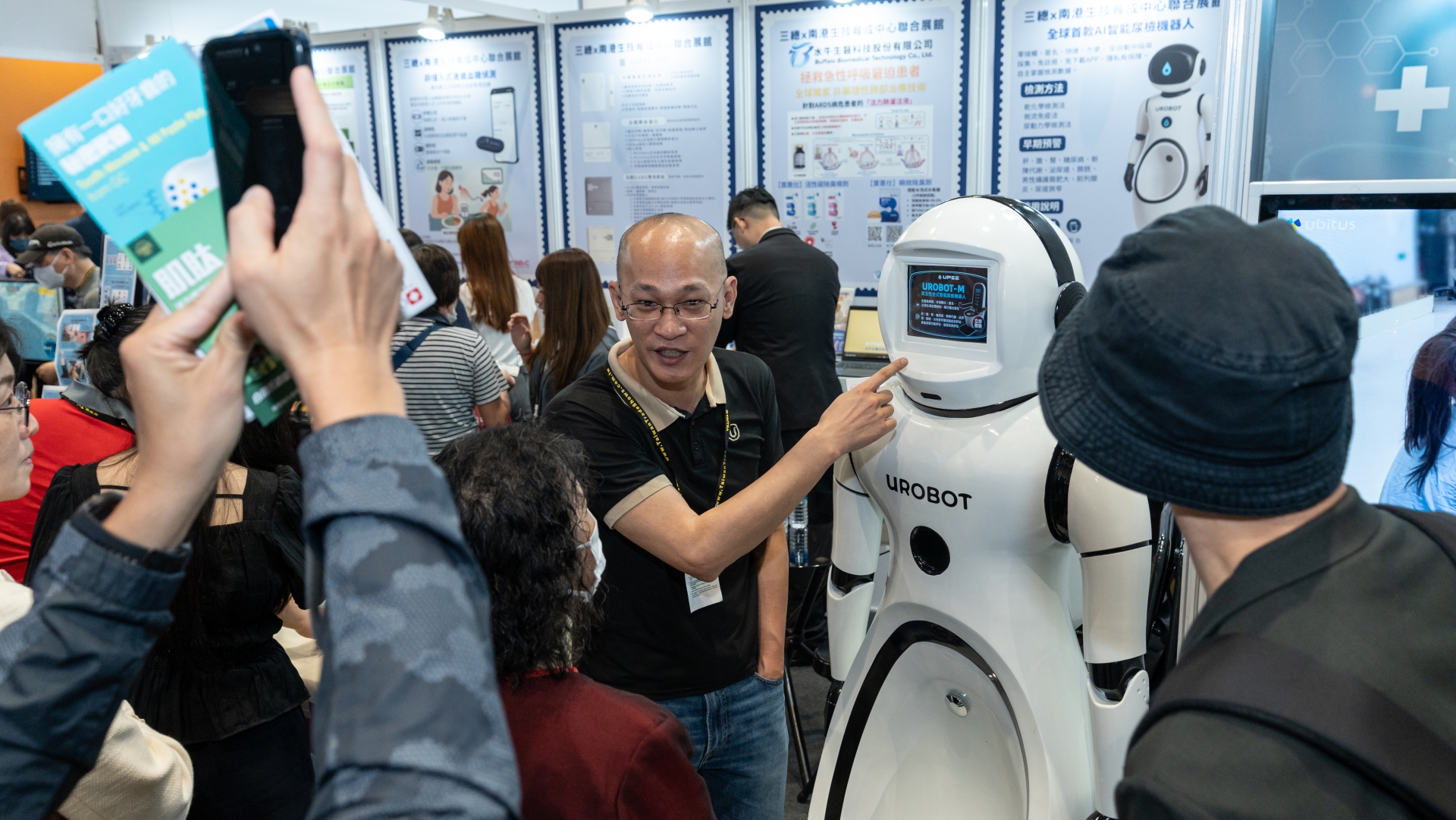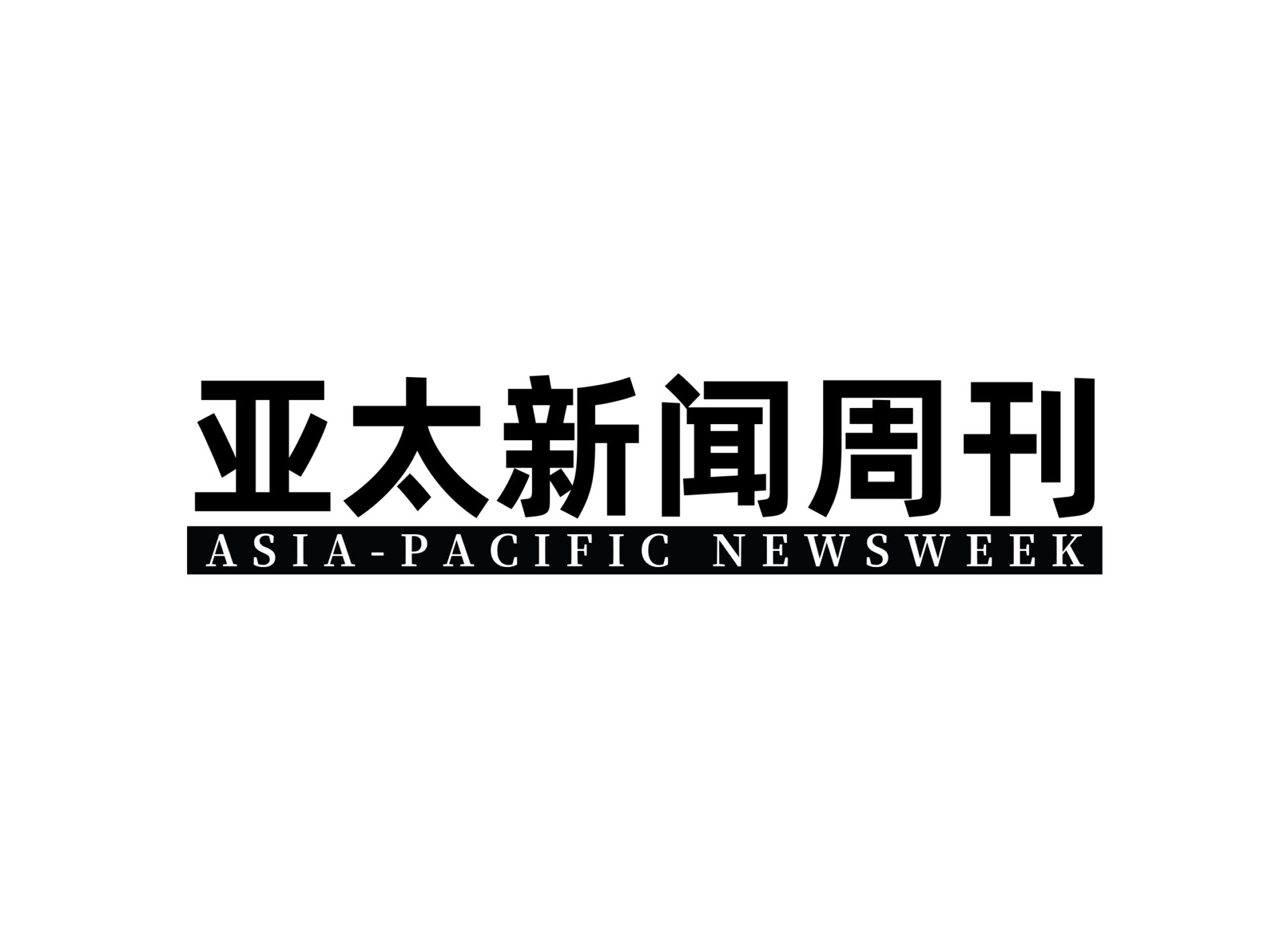Medical Taiwan 2025 attracted 316 exhibitors from 14 countries.
The Taiwan External Trade Development Council has organised a medical trade show that featured high-tech products aligned with a government push for healthy ageing, in the face of a 7.8-million projected decline in its population by 2070.
The Medical Taiwan 2025 exhibition featured products covering all-age care, smart healthcare, and medical supplies. The event featured tech and products from 316 exhibitors across 14 countries.
Taiwan is expected to become a super-aged society by 2025, with at least 20% of its people aged 65 or older, according to Taiwan’s National Development Council. The population is also projected to decrease by 7.8 million in 45 years from now due to low birth rates.
Taiwan will roll out its Long-term Care Plan 3.0 next year to boost care integration across home, community, medical, and social services, supporting healthy ageing and end-of-life care.
A major theme of the event was artificial intelligence (AI) in healthcare, a market that is projected to grow 39% annually from 2025 to 2030 to $110.61b, according to India-based MarketsandMarkets.
Council Chairman James C.F. Huang said AI is now a “reality that is here to stay.”
The exhibition featured smart hospital setups, AI-powered imaging systems, and remote care technologies.

Startups from Taiwan, the US, Belgium, Israel, and South Korea demoed diagnostic tools, health screening platforms, personalised rehabilitation devices, and mental health solutions.
The show also featured tech from Hon Hai Precision Industry Co., Ltd. (Foxconn), Inventec Corp., Kaohsiung Chang Gung Memorial Hospital, and National Chung Hsing University, as well as regenerative treatments for chronic disease management in pets.
Experts from Hungary, Vietnam, Japan, and Singapore shared strategies on international collaboration and market opportunities.
Local partners are needed to ease market entry into Europe, particularly amidst the complex medical device procurement landscape in Central and Eastern Europe, according to Géza Reichardt, CEO at Hungarian healthcare company Rextra Kereskedelmi Kft.
“The European Union will need to consider simplifying the registration process,” he said.
Healthcare data should also be merged from various sources to allow the application of AI solutions, said Dat Bui, head of customer relations for the Global Health Center at FPT Software.
“When we talk about digital transformation, we often think of AI and cloud technology,” he said. “However, when we step into the process, the transformation needs to happen within the organisation itself, and it must be compatible with legacy systems.”
Kazuya Hijii, CEO at mk DUO LLC, said manufacturers should cut cybersecurity risks and comply with standards such as the IEC 62304, which outlines the requirements for medical device software development and lifecycle.

The Asia-Pacific region’s ageing population is driving the industry to develop tech that enhances seniors’ quality of life, such as motorised wheelchairs and interactive gaming solutions designed to improve mobility, said Chrystal Goh, senior content strategist at Ageing Asia Pte. Ltd.
“We can use technology for activity, engagement, and motivation,” she said. “We can also allow caregivers more time for personal fulfilment and more meaningful care.”
Almost 600 pre-registered international buyers attended the event.



